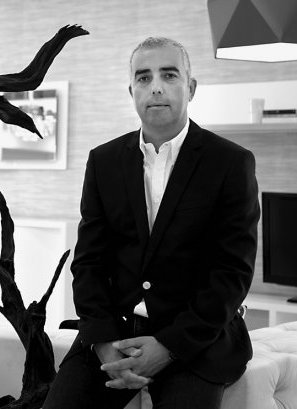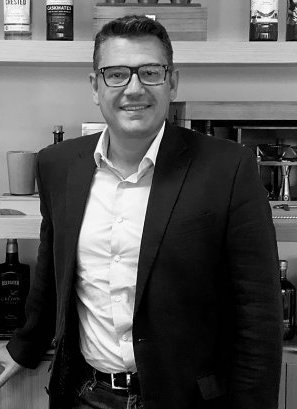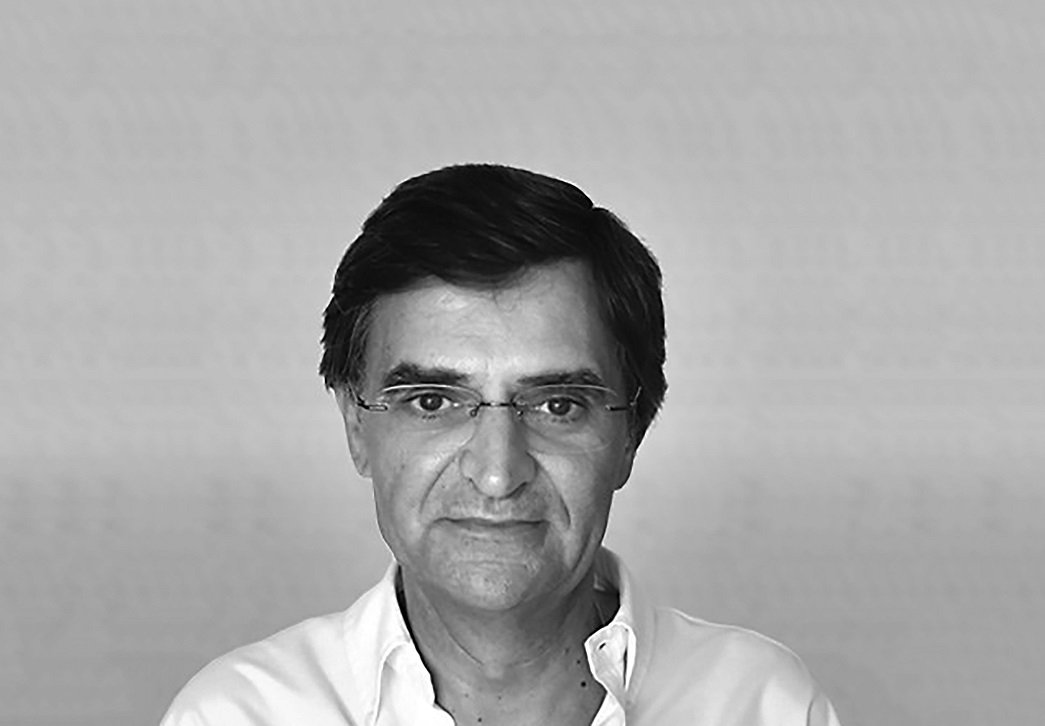
Mário Rocha

Nicolas Payet
Manuel Monteiro
Professor at Universidade Lusíada
At the age of 56, Manuel Monteiro is still an unavoidable figure in the history of Portuguese politics. Despite being exclusively dedicated to teaching, the former chairman of CDS-PP party, who was also an MEP and the chairman of Nova Democracia, had left his mark and admits to not yet dismissing any return to politics. But he didn’t want to talk about this. In this short interview, the man who stresses that he is not even a «candidate for becoming a candidate» comments on the disbelief of the Portuguese in the parties and in their personalities, speaks about Europe, ascribes characteristics to the leaders of the government and of the opposition, and explains how gratifying it is to be a teacher for 18 years.

In view of the current lack of trust in politics, in your opinion, what should be the profile of the politician that Portuguese society needs today?
Honestly I do not know if the solution for combating a lack of trust lies solely in defining profiles. Although I recognise that the personality of leaders is always relevant in engaging and mobilising voters, I think the most important thing is still the definition of a project and its presentation in the name of ideals, that is to say, in the name of a city idea. If there is no project and we base ourselves solely on the image of those who we propose should lead, everything becomes volatile and immensely plastic. And in this case politics becomes a mere case-by-case exercise, without substance and without coherence. This means that determination, firmness, coherence and honesty, qualities that should walk hand in hand with leadership, cannot manage without a vision about the future of nations, in this case of the Portuguese nation.
Does this image correspond to you?
As is only obvious, I’m not the right person to talk about myself, but anyway, what matters is saying that I’m not even a candidate for becoming a candidate to lead anything.
Does a stronger Europe mean a stronger Portugal too?
Yes! Without strong nations, Europe is weak. It would be an illusion to think otherwise. I have always held this thought, and although some cases do surprise me, I can’t help but be thrilled that more and more voices are joining this line of thinking. Over the last few years we have witnessed an immense watering down of the idea of Portugal, and in such a way that this is how today all we have left is the landscape and the courage of small and medium-sized businesspeople.
«The greatest fascination that being a teacher causes me is that no academic year is the same as the previous academic year»
You have dedicated yourself to teaching. What gratification does this field bring you?
It is work of extraordinary wealth from an intellectual point of view and from the point of view of human relations. Year after year I get extraordinary feedback from my students, which helps me get through the less easy moments caused by the constant and immense demands of this type of work. I have been a professor at the Universidade Lusíada for eighteen years, teaching International Relations and Law, and the greatest fascination that being a teacher causes me is that no academic year is the same as the previous academic year.
What word would you use to describe each of the leaders of the main parties in Portugal?
António Costa: Adept; Rui Rio: Pragmatic; Assunção Cristas: the Newcomer; Jerónimo Sousa: Genuine and Catarina Martins: Faithful to friends.






